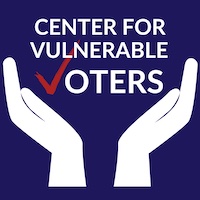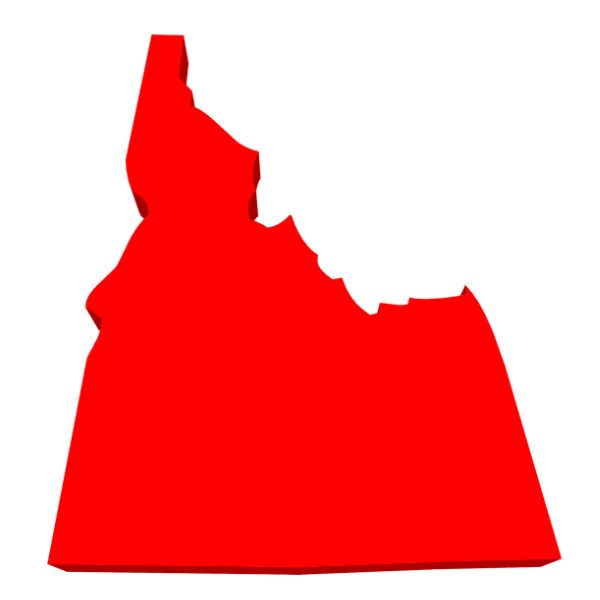- Are you “people oriented” and enjoy serving the public?
- Are you available to attend a training class prior to Election Day?
- Are you available to work long hours on Election Day?
Fill out the form on this page or contact your County Clerk for more information if you are interested in becoming a polling place worker. There is a training class held before each election and poll workers are paid for their time. The Secretary of State encourages students (16 years and older) to serve as poll-workers to become familiar with the election process.
A ballot marking device for the visually impaired, the elderly and persons with disabilities is available at every polling place in compliance with the Help America Vote Act. If you have computer skills you can greatly assist your neighbors who may have difficulty seeing or marking a ballot on election day.



